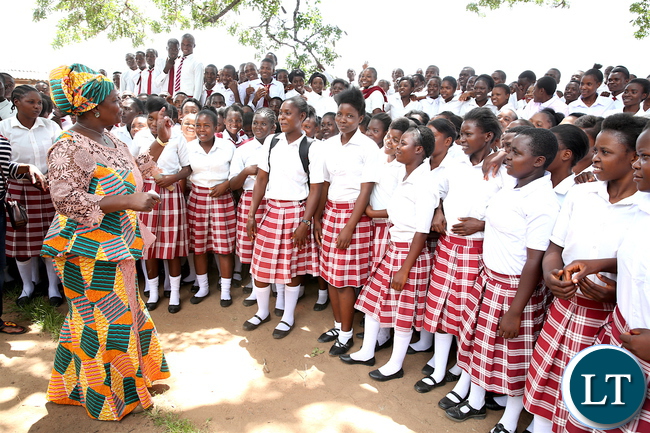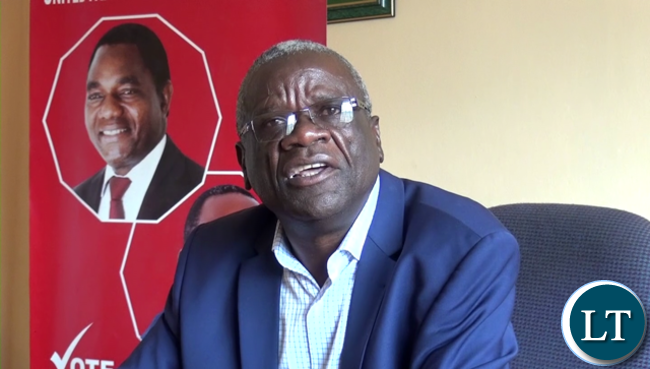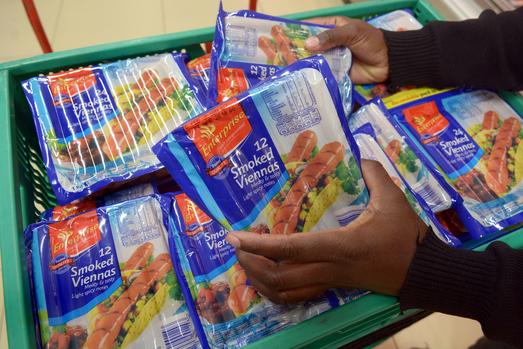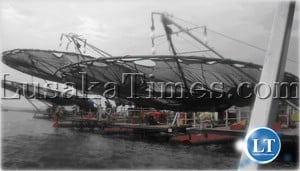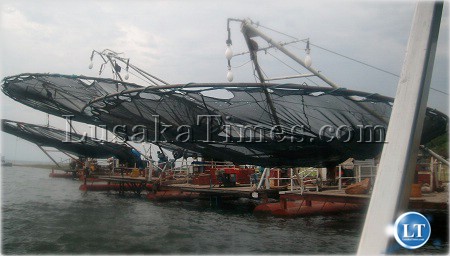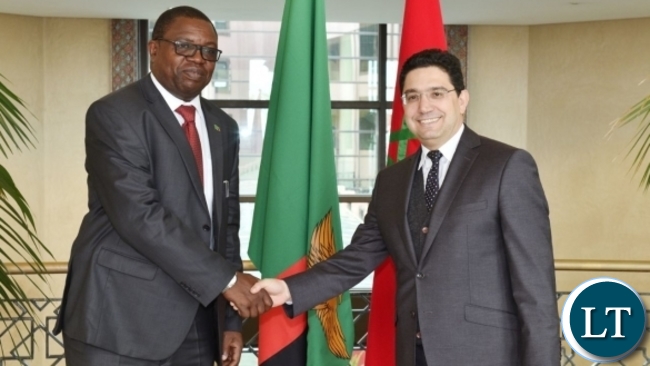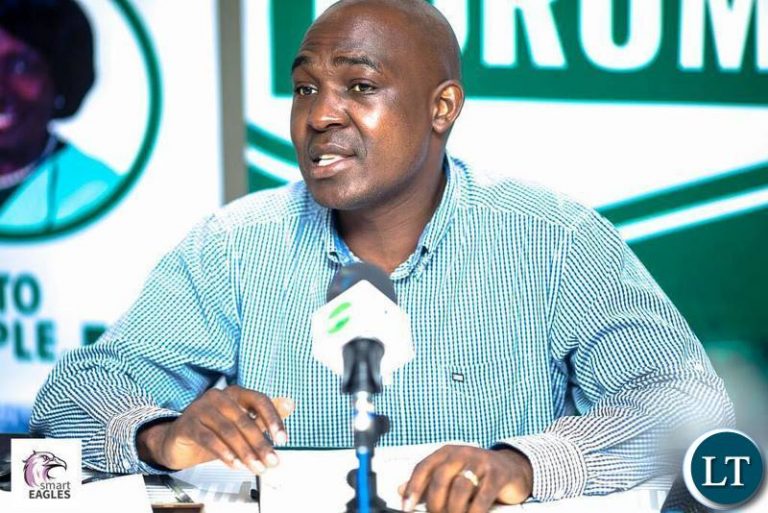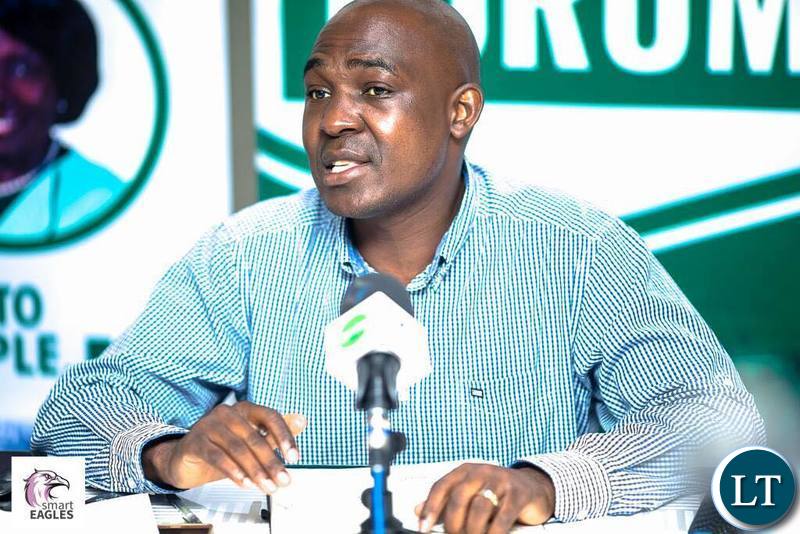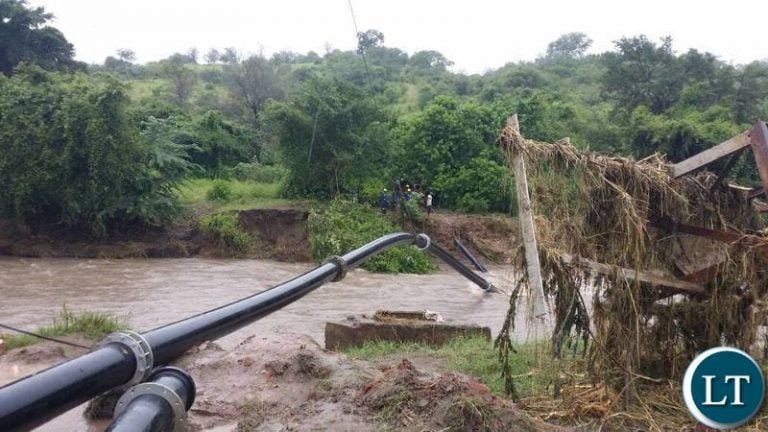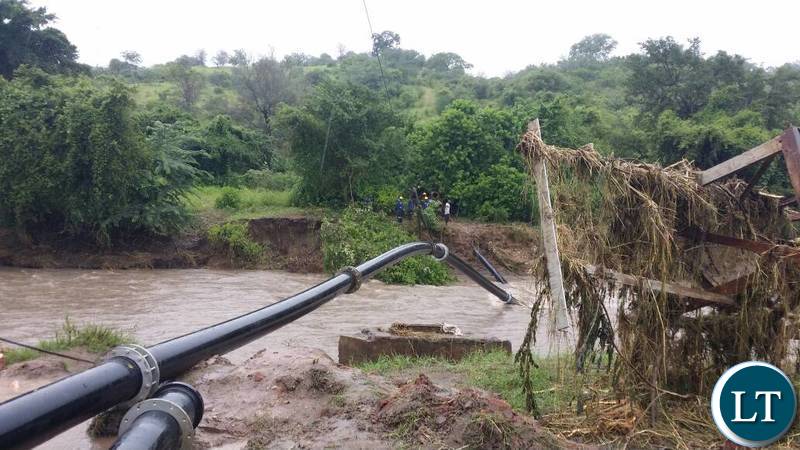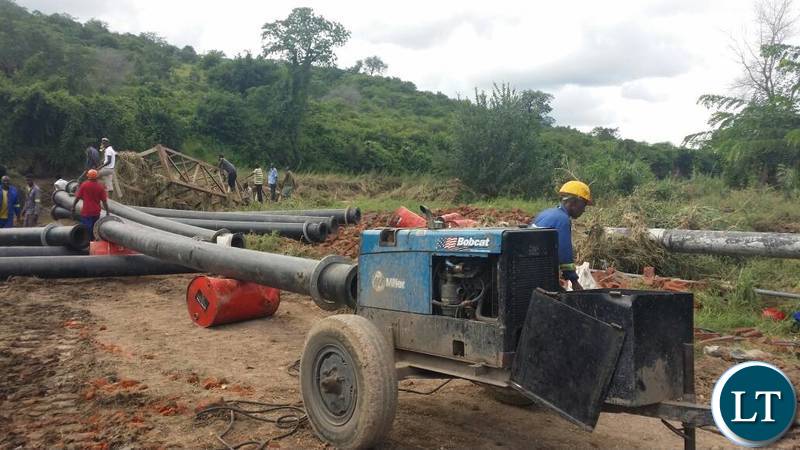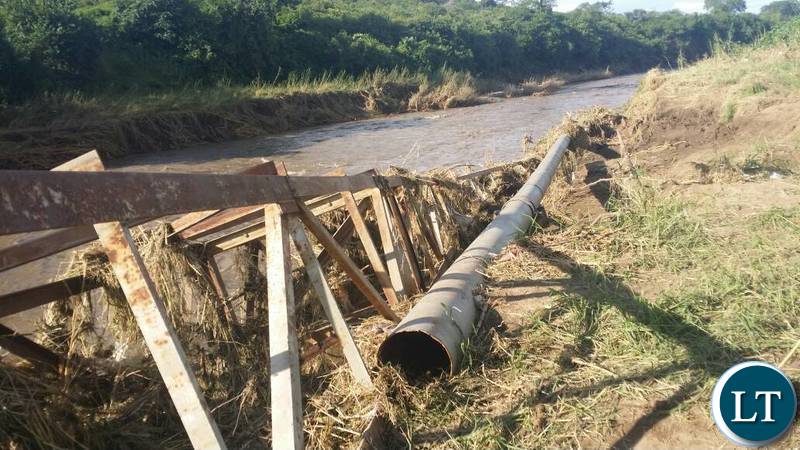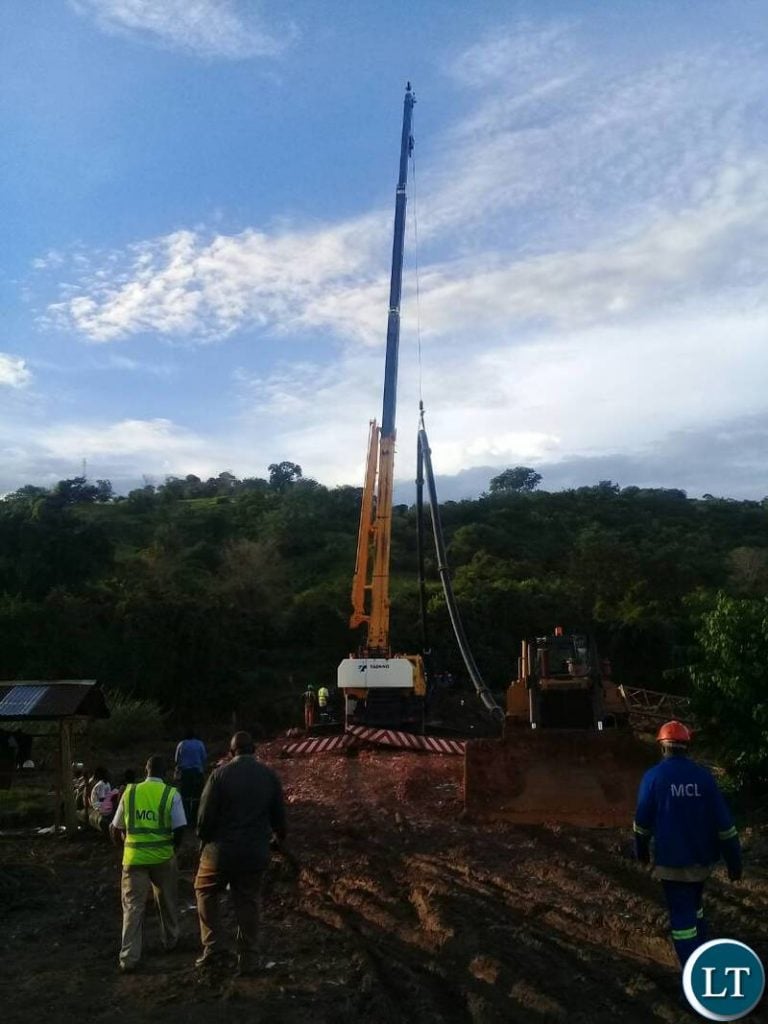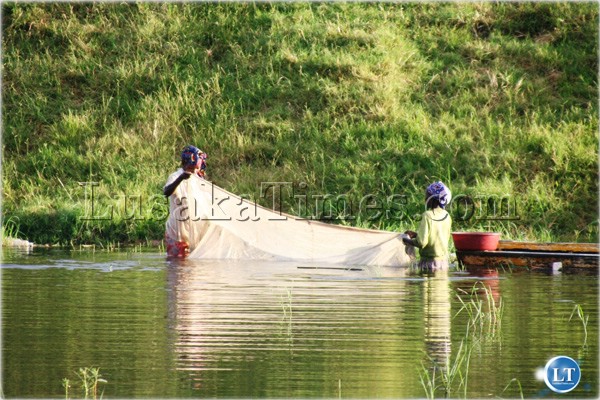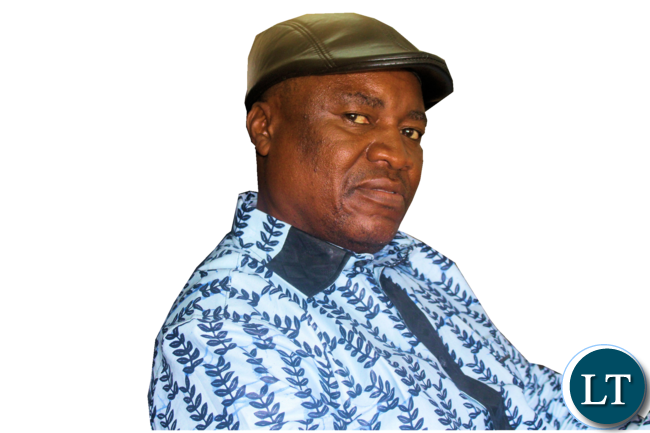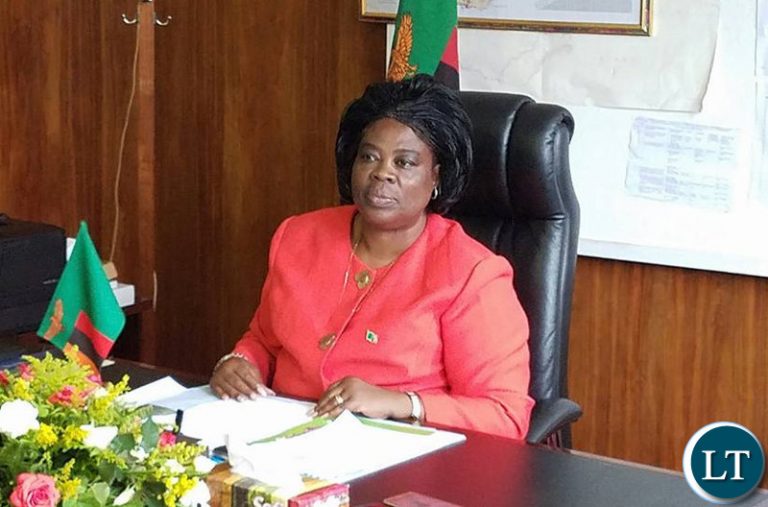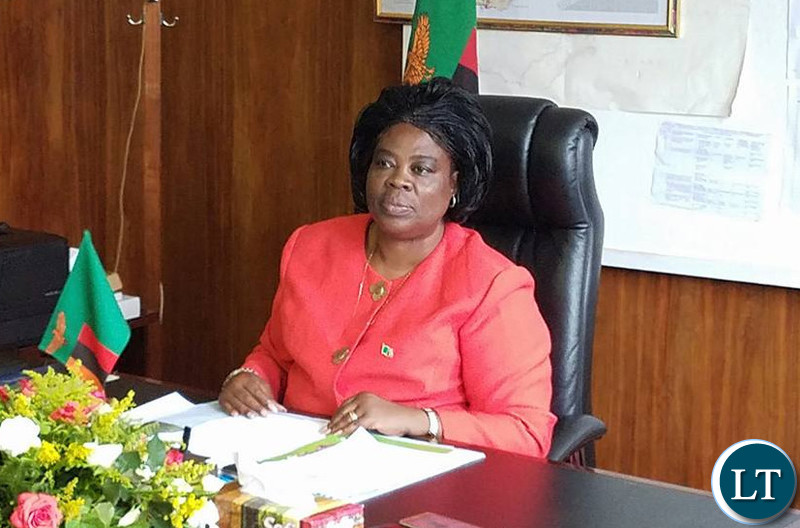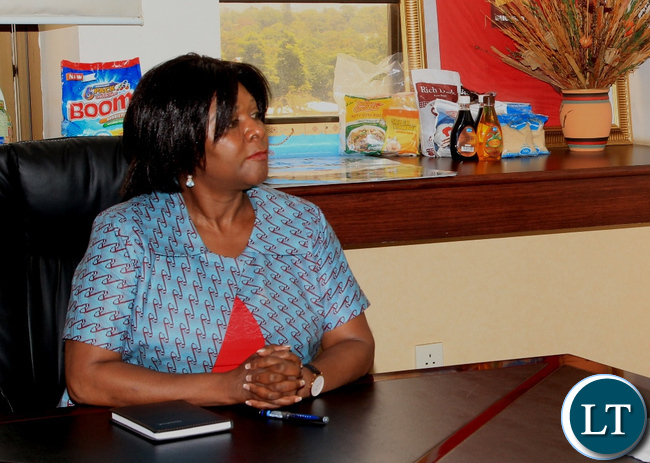
IN FEBRUARY, 2018, the Treasury released a total of K5.63 billion for developmental programmes and Government operations. Of this amount, a total of K2.14 billion was for personal emoluments for public service workers, K1.5 billion went towards debt service, and K799 billion was released for grants while the remainder of K1.22 billion went to other key programmes including capital projects.
K341 million was disbursed to Ministries Provinces and Other Spending Agencies (MPSA’s) for operations and for implementation of planned programmes and activities.
The Auditor General was given K15 million for activity implementation, including for the production of the 2017 Audited Financial Report by 30th September, 2018. The requirement to produce the Audited Financial Report is constitutional. In addition, as part of the broader Financial Management Reforms, the Auditor General has been capacitated to undertake a wide range of audits on public resources and public service operations.
Of the amount released for grants, K92 million went to the Ministry of Agriculture for the Farmer Input Support Programme [FISP]. The Food Reserve Agency received K30 million to cater for costs associated with protecting, preserving, and maintaining food in various storage facilities across the country, while K4 million was released for the 2017/2018 Agricultural Season Crop Survey.
K89.9 million was disbursed to the Local Government Equalisation Fund in order to facilitate the operations of Councils while the Ministry of Health received K60.8 million as hospital grants to facilitate operational costs of health facilities across the country and a further K80 million for the procurement of drugs and medical supplies.
The Ministry of Community Development and Social Services received K45.8 million for the Social Cash Transfer Programme, while the Public Service Pensions Fund received K88.3 million for retirees’ pension benefits in line with the Government’s spirit of not leaving anyone behind. The Compensation and Awards Fund was allocated K25 million in order to clear arrears for cases determined by the courts against the Government.
The Skills Development Fund was given K19.8 million, to address challenges of inadequate skills among artisans and craftsmen, in a programme jointly managed by the public sector and the private sector to ensure that the skills that are being developed are relevant to the industrialisation programme which the Government has embarked on.
K5.6 million was given to the Government Printers for modernisation and infrastructure rehabilitation while K6.75 million was given to the Ministry of Home Affairs (Immigration Department) for establishment of an Electronic Document and Record Management System.
National Road Fund Agency received K49.6 million for onward disbursement to the road sector for various obligations.
MEANWHILE, commenting on fiscal discipline concerns by stakeholders with regard to the Auditor General’s Report, MINISTER OF FINANCE MARGARET MWANAKATWE has reiterated that the Government has embarked on the implementation of public financial management reforms in planning and budgeting, revenue administration, accounting and reporting, internal audit and control, and public procurement TO ENSURE AND ENSHRINE IN LAW, the prudent use of public resources.
“I take this opportunity restate the message of HIS EXCELLENCY THE PRESIDENT Mr. EDGAR CHAGWA LUNGU at a recently held workshop for Ministers and Controlling Officers, that the Government has prepared and submitted the Public Financial Management Bill (2017) to Parliament TO STIFFEN REGULATORY AND SANCTION REGIME THAT WILL SEE FINES AND JAIL SENTENCES OF UP TO 5 YEARS FOR OFFENDERS,” said the Minister, adding that, “I am hopeful that once this bill is enacted into law, it will compel accountability and transparency in the mobilisation, storage, handling, and utilisation of public resources.”
To strengthen commitment controls, a lot of work to migrate all ministries onto the Integrated Financial Management Information System (IFMIS) and Treasury Single Account [TSA] is on-going. As directed by the President, efforts are in place to migrate all remaining ministries and agencies onto these systems this year without fail.
On its part, the Ministry of Finance will continue to issue Treasury Briefs to ensure that the public is timely informed about developments in the economy.


